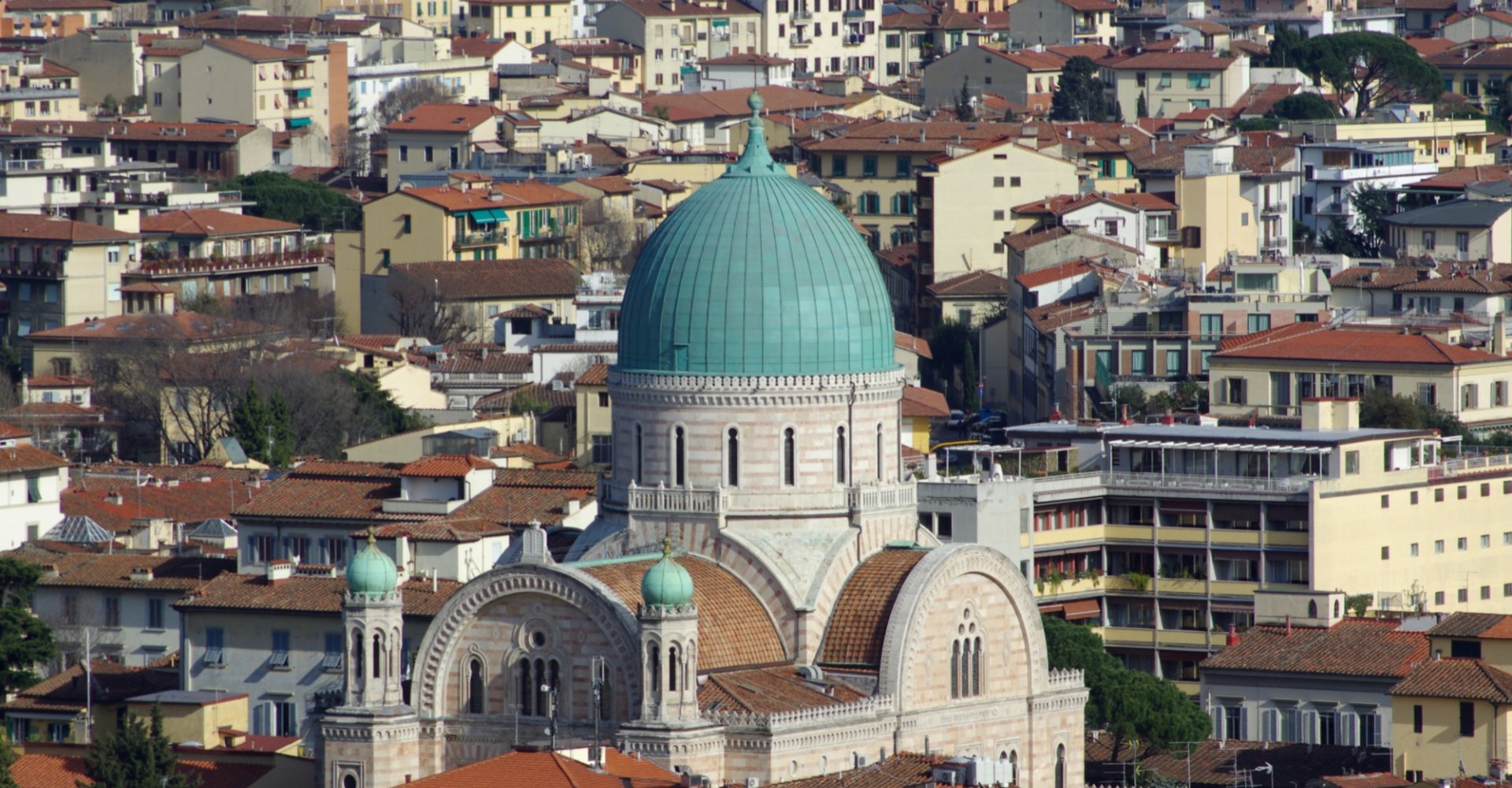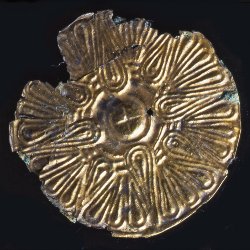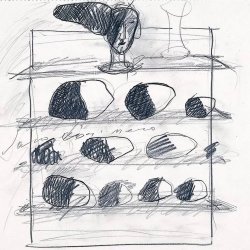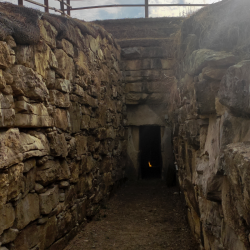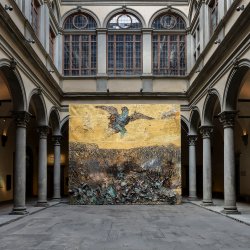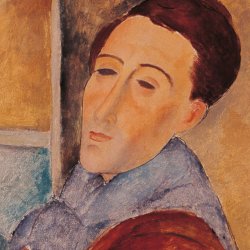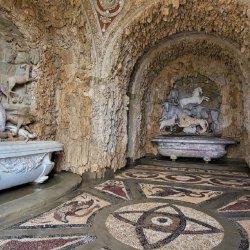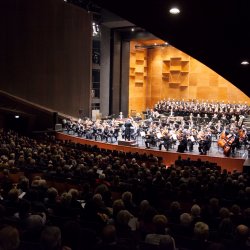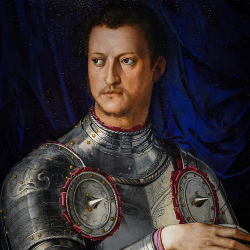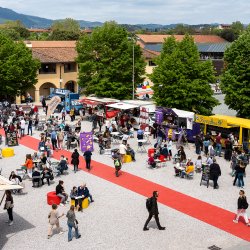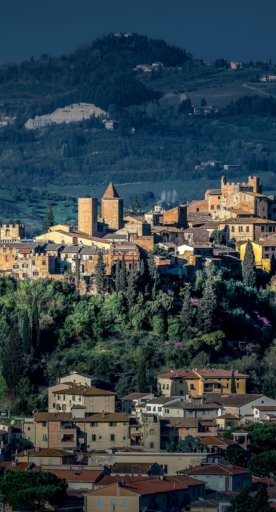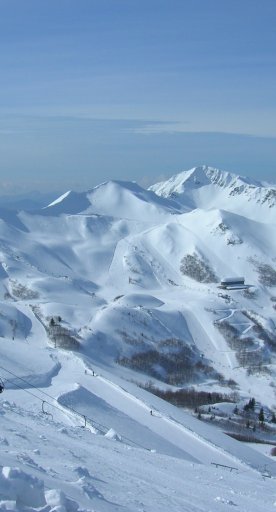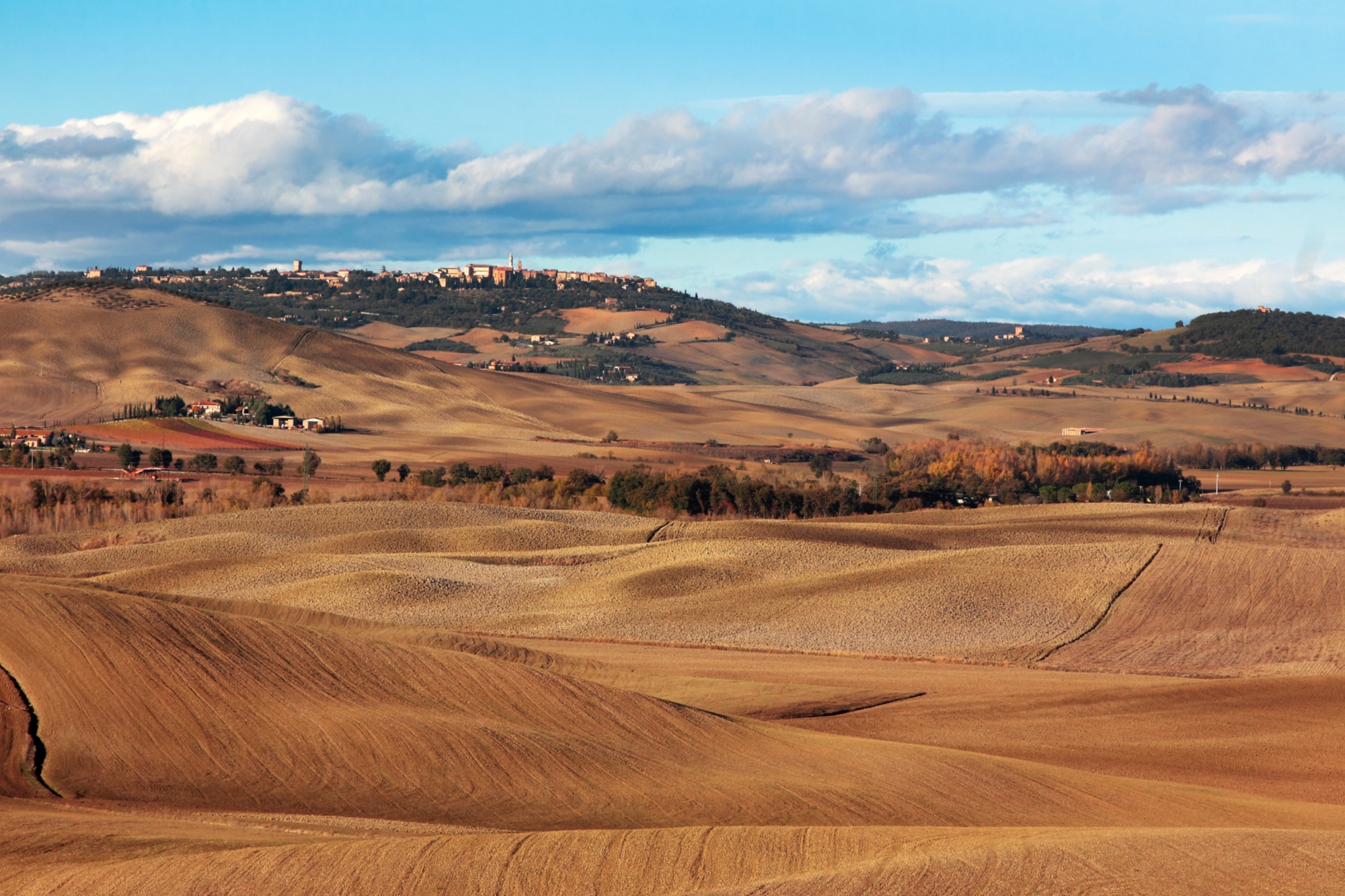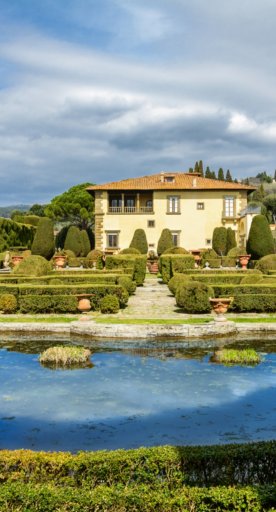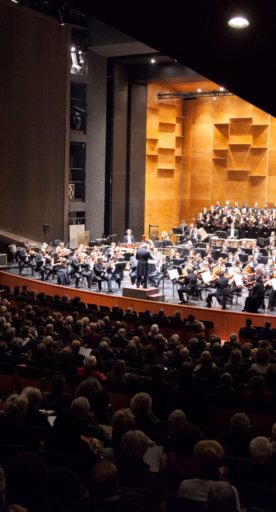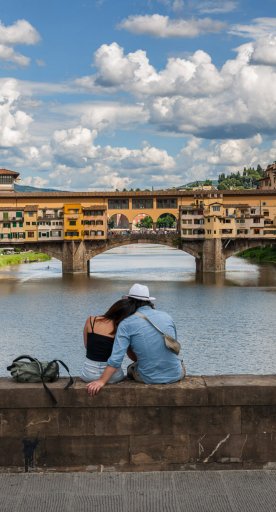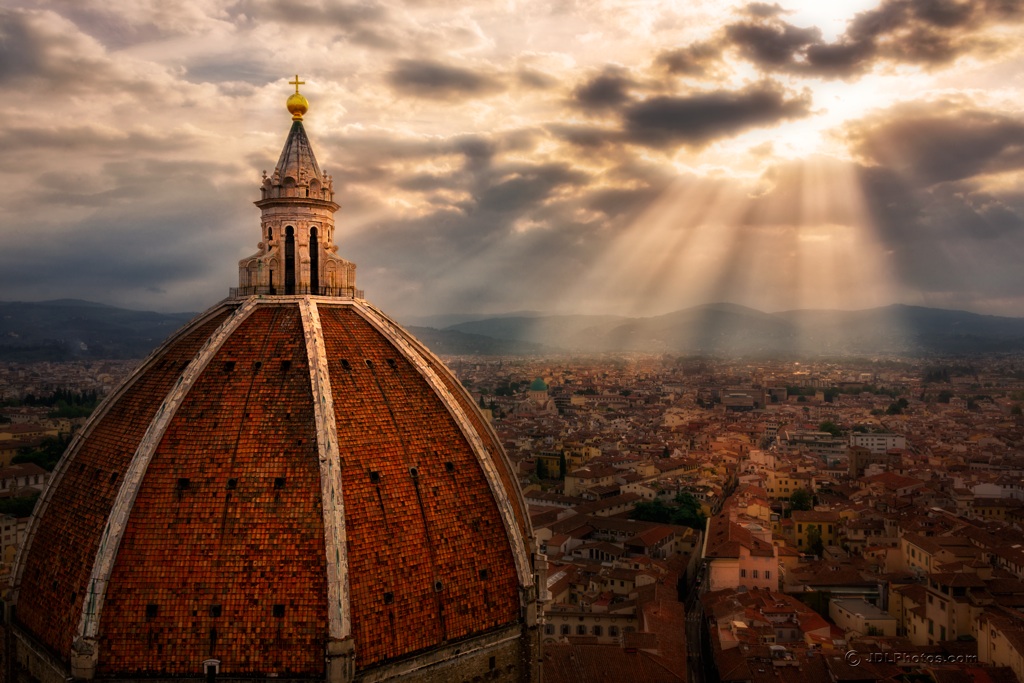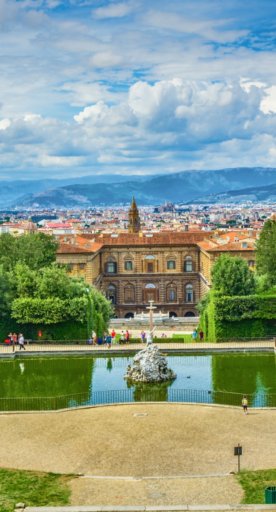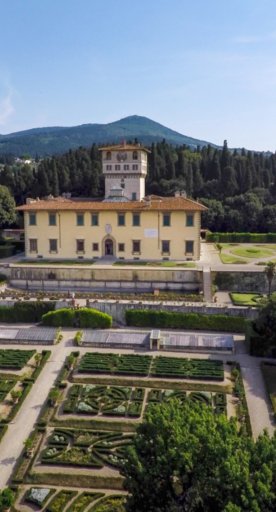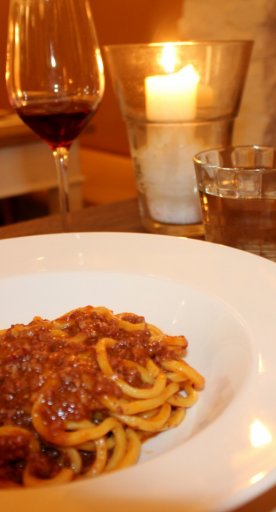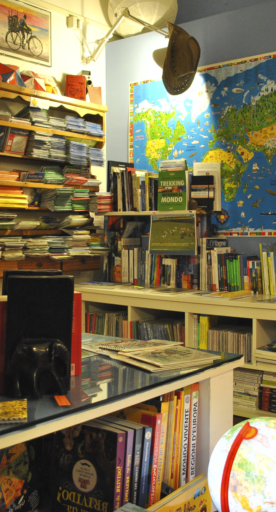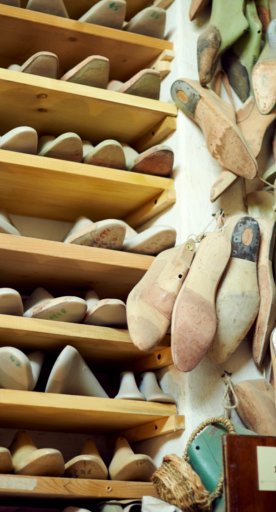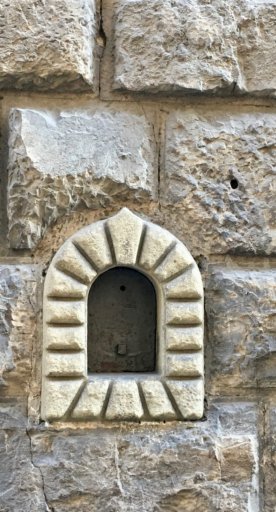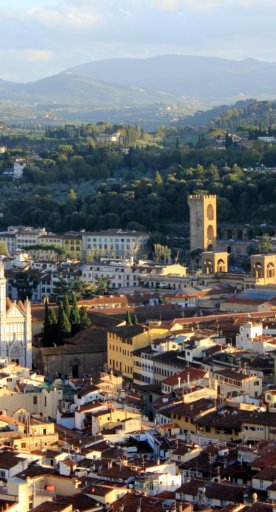Jewish traditions in Tuscany
Long associated with Christianity, Italy is also home to a long history of Jewish traditions
On January 27th 1945, Russian soldiers entered the Auschwitz death camp and became aware, for the first time, of the Nazis’ cruelty that had lead to the systematic annihilation of Jewish culture in many European countries. On July 20th 2000, the Italian Republic approved a law that would acknowledge January the 27th as the International Holocaust Remembrance Day. In occasion of the Memorial Day, let's explore in depth the Jewish traditions in Tuscany.
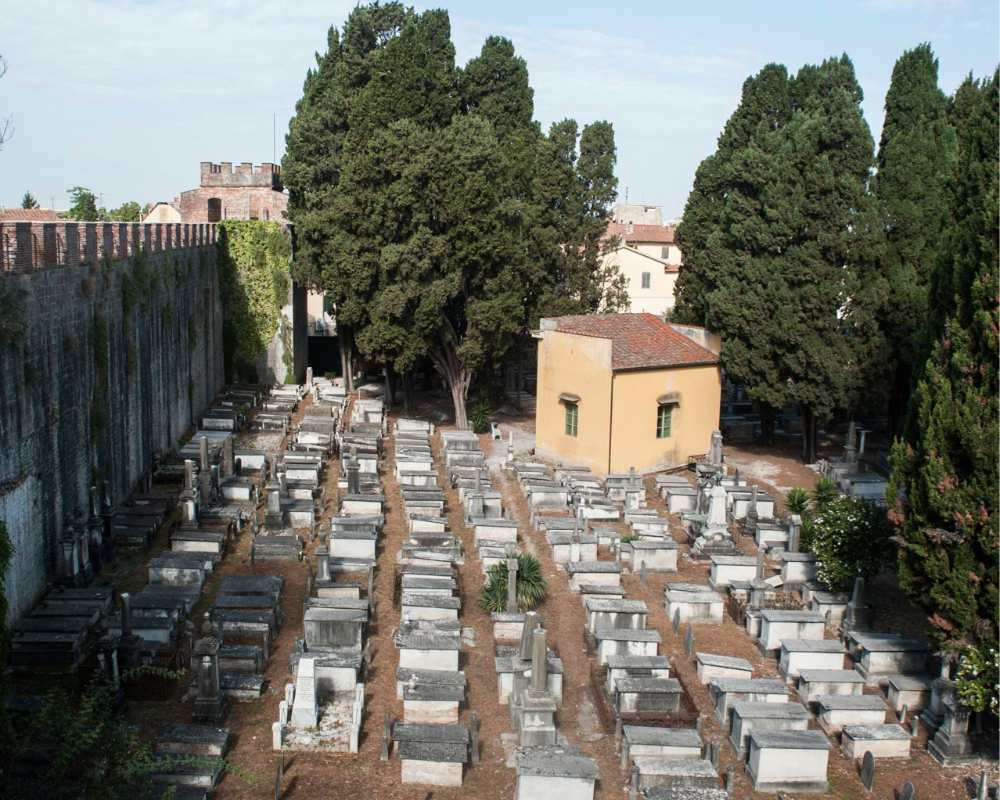
The history of the Jewish community in Tuscany spans many centuries. Jewish traces in Tuscany date back to the XII century, but the evidenc of the community started appearing during the Renaissance when Siena and Florence introduced ghettoes that Jewish people were “invited” to estabilish in Pisa or Livorno (cities with a maritime port or an access to the sea) in order to carry on their business. Pisa and Livorno were ghettoless cities, places in which religious freedom was granted and where Jewish, Turkish and Arabic people lived together. Minor cities such as Pitigliano, Sovana and Sorano (in the Tuscan Maremma countryside) were safe too thanks to the Orsini family known enemies of the more famous De Medici family. The Pisa Jewish cemetery contains tombs that date back to 1274. It's close to piazza dei Miracoli, just outside the city walls,
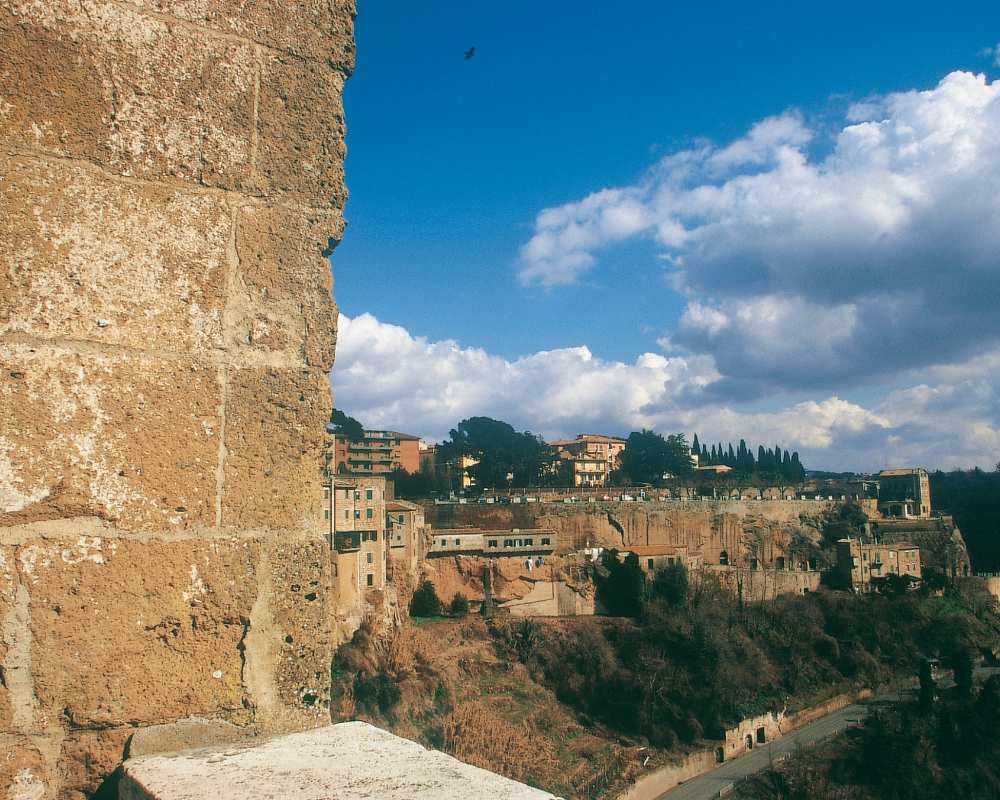
Pitigliano was known as “Little Jerusalem” as it was the main Jewish rural hub in Italy and it was where the building of the ghetto didn’t compromise the Italian (Catholic) and Jewish population’s good relationship. The old Jewish bakery closed during World War II but nowadays you can visit it, together with the old Synagogue, the Kasher butcher’s rooms and what remains of the ancient ghetto. Unfortunately, when Italy signed the armistice with the Allies on September the 8th 1943, the worst period for Jewish civilians began due to the systematic persecution of Jews by German soldiers deporting them into work and extermination camps, expecially to Auschwitz.
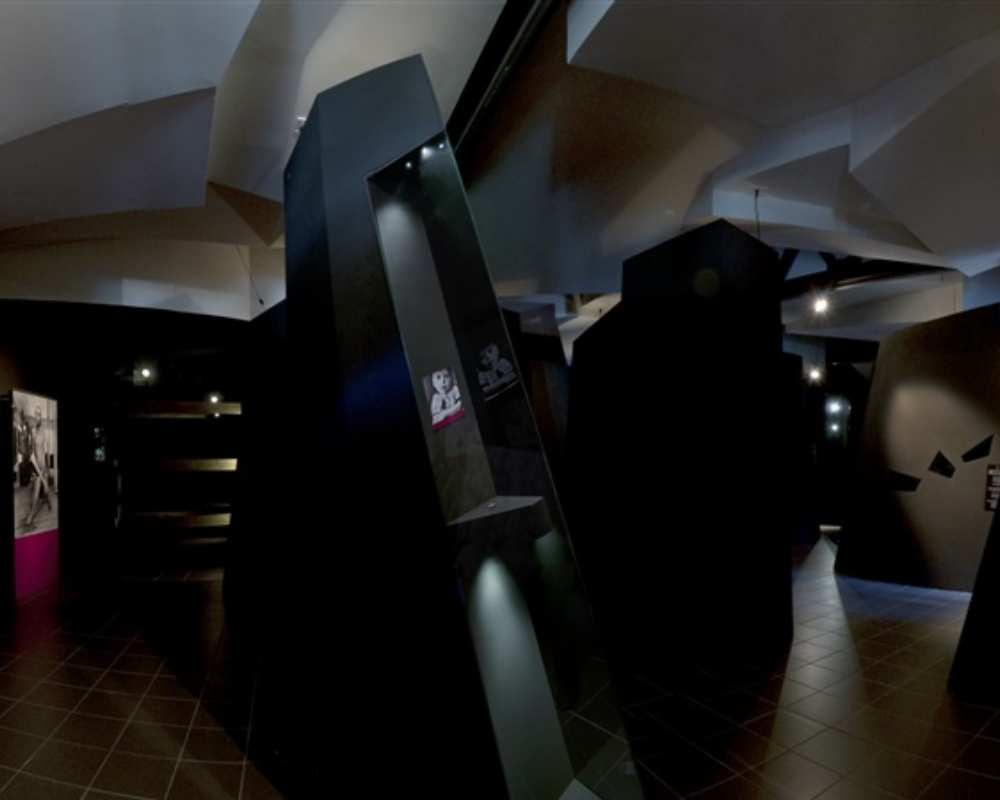
There's a deportation Museum in Prato, near Florence, that is helpful and instrumental for the community's need to remember and learn from past mistakes to avoide future monstrosities.
A poem by Salvatore Quasimodo is a touching poem to remember and look forward from the horrors of Europe's twentieth century history.
"Man of my time" ("Uomo del mio tempo")
"You are still the one with the stone and the sling, Man of my time. You were in the cockpit, With the malevolent wings, the meridians of death, - I have seen you - in the chariot of fire, at the gallows, At the wheels of torture. I have seen you: it was you, with your exact science set on extermination, without love, without Christ. You have killed again, as always, as your fathers killed, as the animals killed that saw you for the first time. And this blood smells as on the day When one brother told the other brother: "Let us go into the fields." And that echo, chill, tenacious, Has reached down to you, within your day. Forgot, O sons, the clouds of blood risen from the earth, forget your fathers: their tombs sink down in ashes, black birds, the wind, cover their heart."
